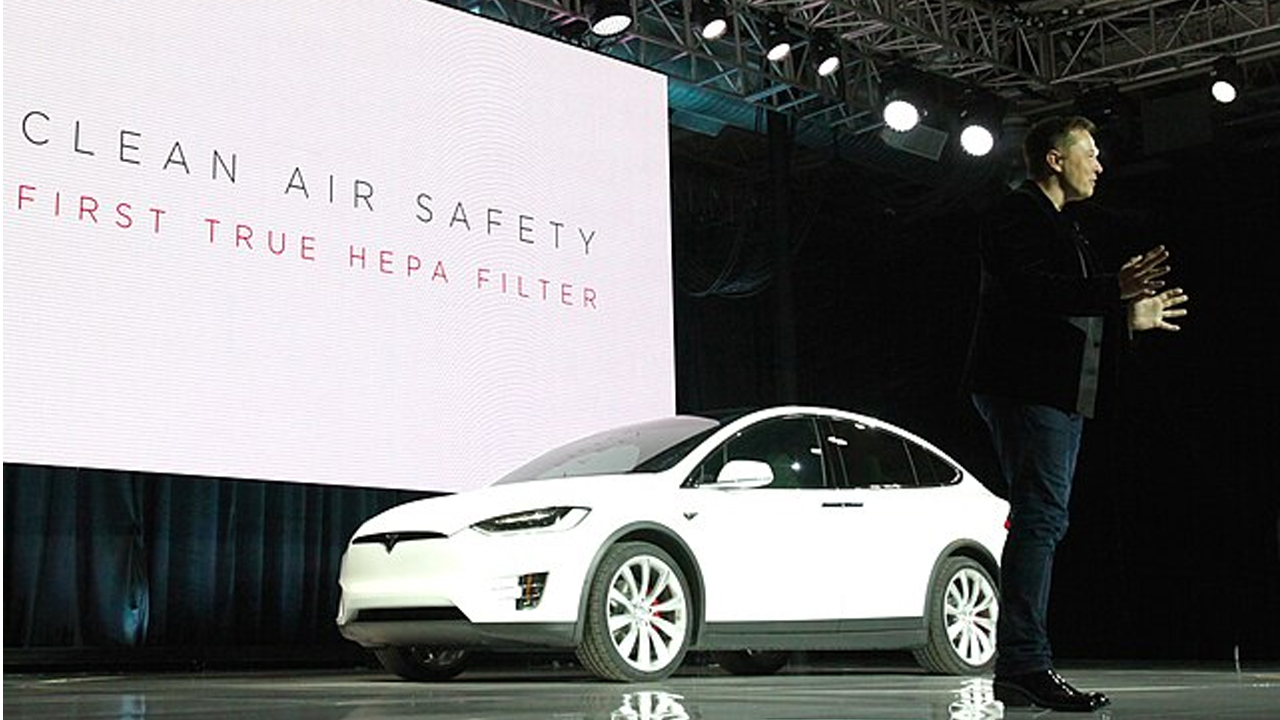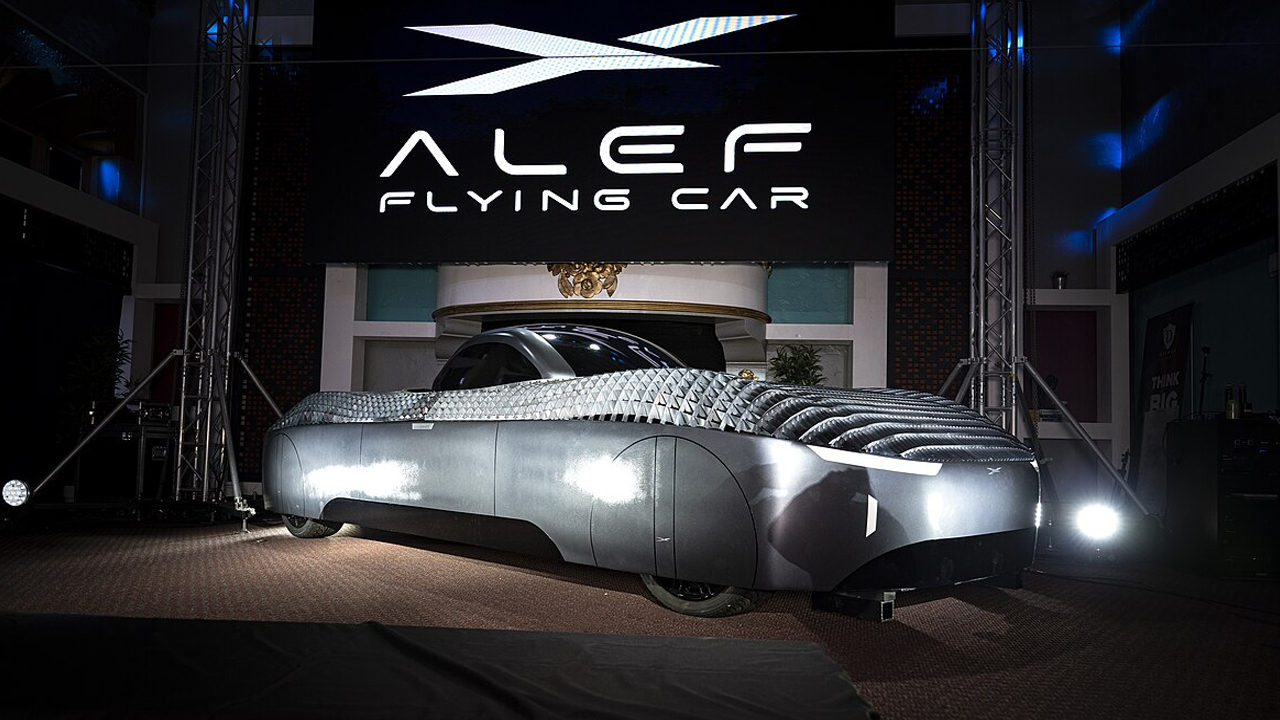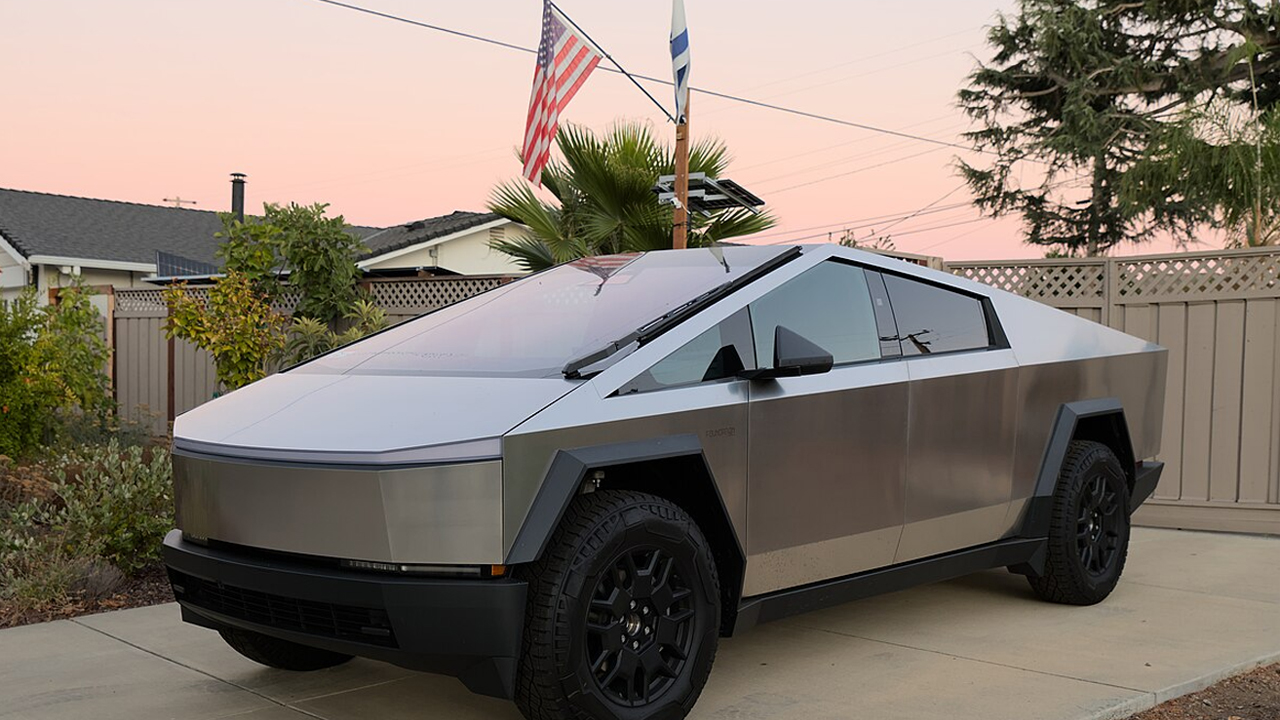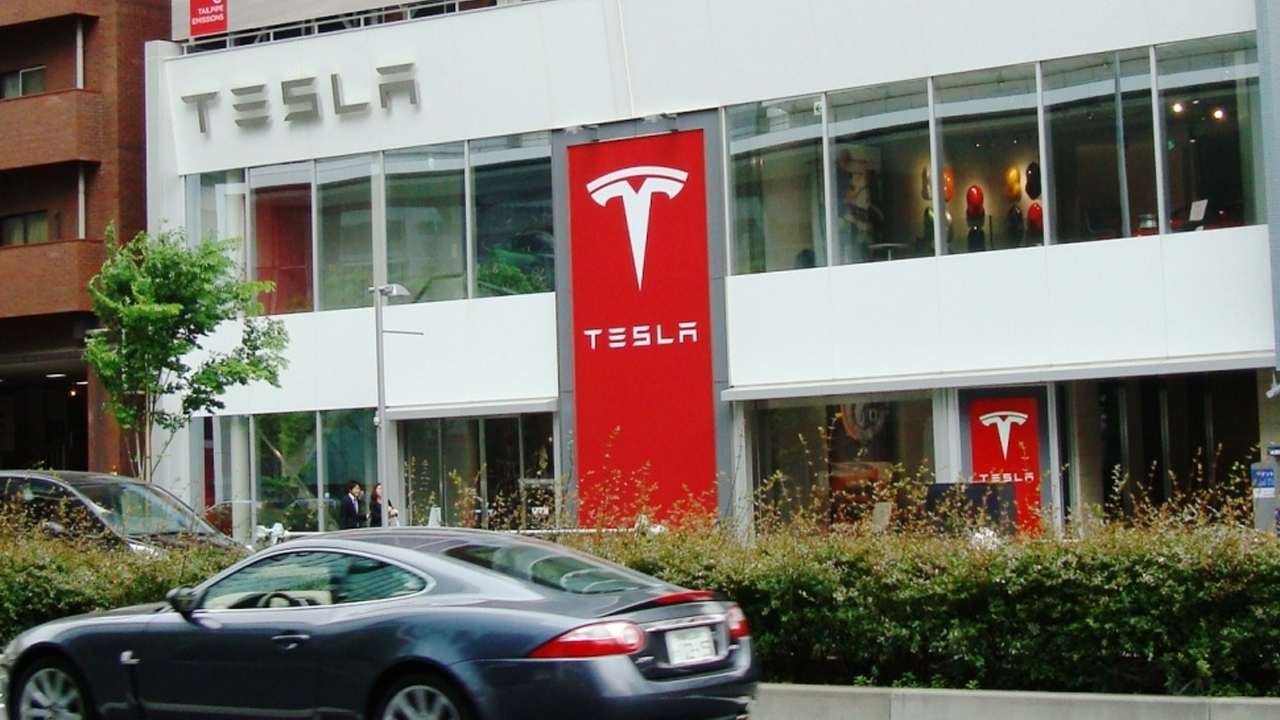For years, Tesla enthusiasts eagerly anticipated the arrival of a $25,000 electric vehicle, often referred to as the “Model 2.” This affordable EV was envisioned as a game-changer, making electric mobility accessible to the masses. However, recent developments suggest that this dream may no longer be on Tesla’s roadmap. According to a report by Reuters, Tesla has scrapped plans for the low-cost model, redirecting focus toward autonomous vehicle technology.
The decision marks a significant shift in Tesla’s strategy, moving away from mass-market affordability toward innovation in self-driving capabilities. This pivot raises questions about the company’s future direction and its commitment to providing accessible electric vehicles.
The Rise and Fall of the Affordable Tesla
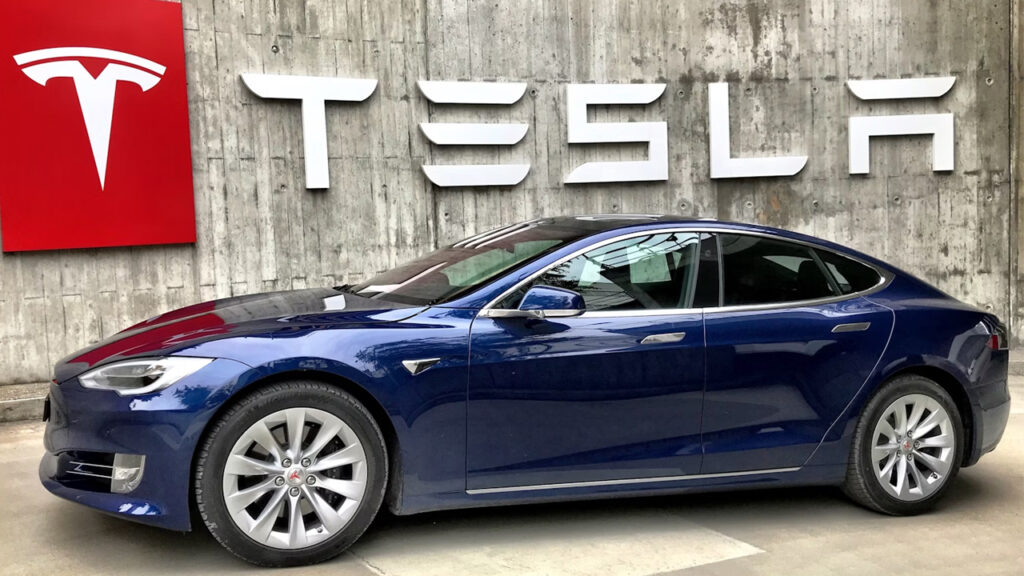
The concept of a budget-friendly Tesla has been a topic of discussion since 2020, with Elon Musk expressing intentions to produce a $25,000 EV. The vehicle, internally codenamed “NV91” and “H422,” was expected to utilize advanced manufacturing techniques to reduce costs. However, as reported by MotorTrend, the project faced numerous delays and challenges, ultimately leading to its cancellation.
One of the primary reasons cited for the project’s termination is the intense competition in the affordable EV market, particularly from Chinese manufacturers. Tesla’s decision to abandon the Model 2 reflects the complexities and financial risks associated with producing low-margin vehicles in a highly competitive landscape.
Shifting Gears to Autonomous Vehicles
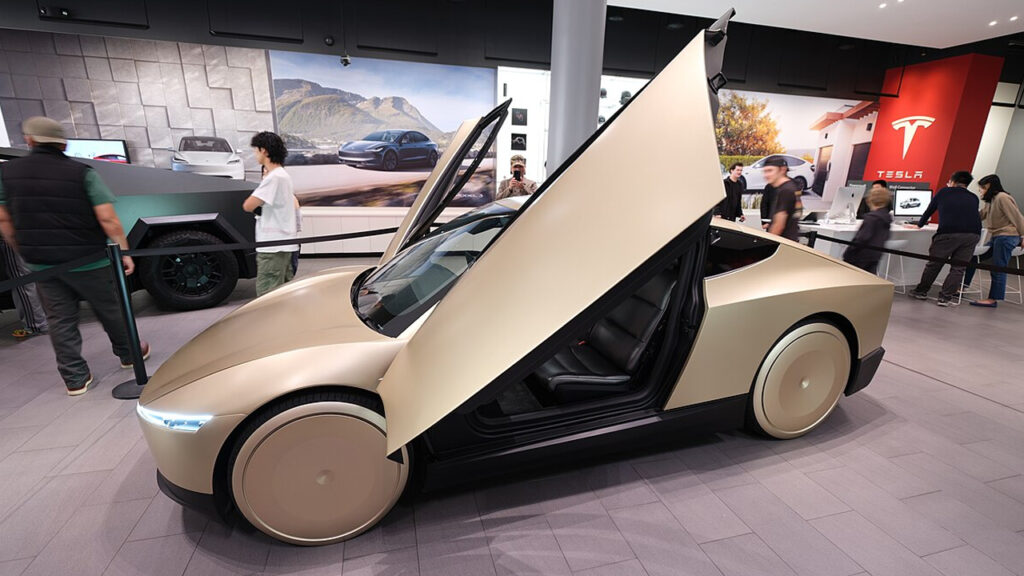
In place of the Model 2, Tesla is now channeling resources into developing a fully autonomous vehicle, known as the “Cybercab.” This robotaxi concept aims to revolutionize urban transportation by eliminating the need for human drivers. As detailed by The Verge, the Cybercab is designed without a steering wheel or pedals, emphasizing Tesla’s commitment to a driverless future.
Elon Musk has announced plans to unveil the Cybercab on August 8, 2024. The vehicle is expected to be built on Tesla’s next-generation platform, incorporating advanced AI and machine learning technologies to navigate complex urban environments autonomously.
Investor Reactions and Market Implications

The abrupt cancellation of the Model 2 has elicited mixed reactions from investors and industry analysts. Some view the shift toward autonomous vehicles as a bold and forward-thinking move, while others express concern over Tesla’s departure from its original mission of making electric vehicles more affordable. According to MarketWatch, the decision has led to fluctuations in Tesla’s stock price and raised questions about the company’s long-term growth strategy.
Analysts caution that while the robotaxi market holds significant potential, it also presents substantial regulatory and technological challenges. The success of Tesla’s autonomous vehicle initiative will depend on the company’s ability to navigate these hurdles and deliver a viable product to market.
Conclusion: A New Direction for Tesla
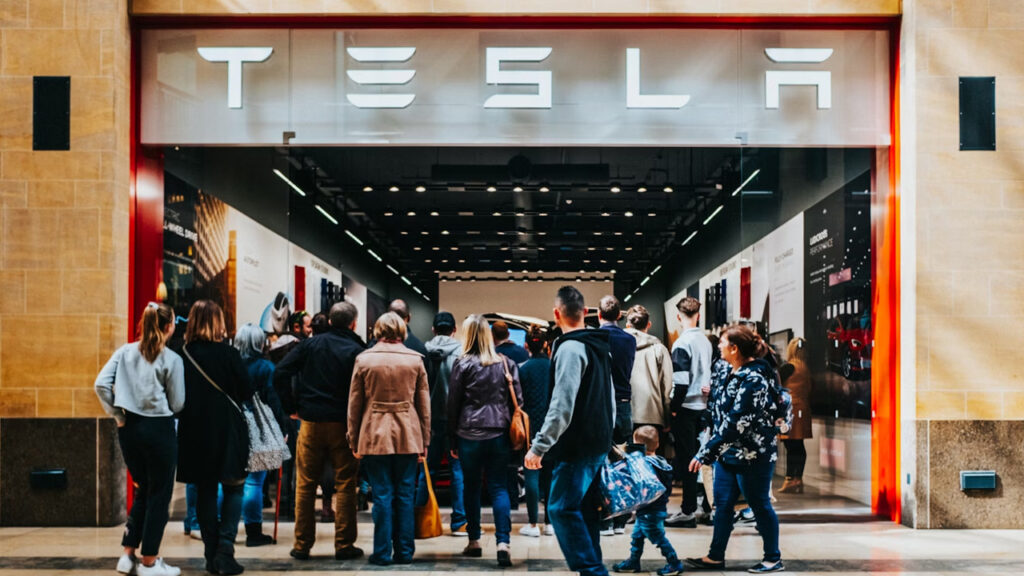
Tesla’s decision to cancel the Model 2 project signifies a notable shift in the company’s strategic priorities. By focusing on autonomous vehicle technology, Tesla aims to position itself at the forefront of innovation in the automotive industry. However, this move also distances the company from its earlier goal of providing affordable electric vehicles to the broader public.
As Tesla embarks on this new path, the automotive world watches closely to see whether the Cybercab will deliver on its promises and redefine urban mobility. The success or failure of this initiative will have far-reaching implications for Tesla’s future and the evolution of transportation as a whole.

